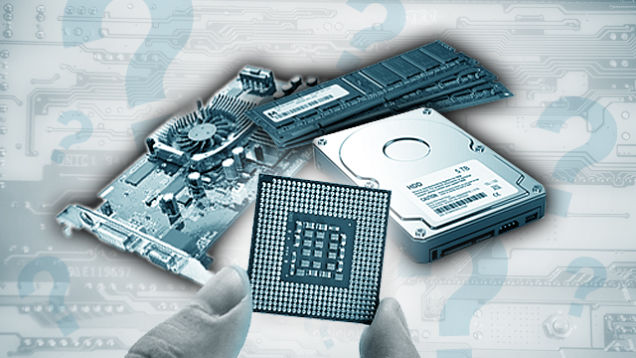Choosing the right computer processor is often a daunting task and we may need to spend a lot of money to obtain the kind of performance that we want. Some consumers could also be more loyal to specific brand. Each computer user may have different opinion about the best processor model for their requirements. Even so, we could make the entire selection process a little bit simpler. The first we thing we need to know is how much money we need for our PC. When assembling our own PC, budgeting is obviously very essential.
Some users tend to purchase components without checking their budget. This causes them to purchase a few cheap components to compensate, resulting in bottlenecks and lower overall performance for the money they spend. When assembling our own computer, it is important to have a computer that provides good balance, so we could put good parts inside our computer. It is a bad idea to spend all our money on very expensive processor only to skimp on high-quality RAM or graphics cards. Overclocking is a good way to boost performance, but it could be risky for beginners.
When choosing a processor, we should also make sure that we have the type of motherboard that can support it. In general, a motherboard is designed to support a family of processor from one chip manufacturers, such as Intel Haswell. This should give us an idea of other components that we also need to install, such as graphics card and RAM. In fact, motherboard should be the first thing we consider because it determines the type of components that should be used for our computer.
Speaking about raw power, Intel’s high-end processor still reigns in benchmarking charts. However, AMD is still an attractive solution for affordable and mid-range computers; because they provide more performance juice for the buck. If we have only $100 to spend on a casual PC configuration, some AMD models could provide us with the most performance. In some cases, we don’t need lightning-fast processor, especially if we only browse the web, check email and perform other typical computing tasks.
Regardless of the processor manufacturer, we should choose processor from the latest generation. This will allow us to upgrade to other processor from the same family that has higher performance. We shouldn’t make mistake by choosing a high-end processor from an older generation, because we will have more limited upgradeability option. In this case, we could choose mid-range processor models from a newer generation and allocate some of the money for better RAM, storage media and graphics card.
No matter what year we are in, researching benchmark result is a sure way of determining the rough performance level of a processor. Although benchmark results don’t always correlate with real world performance due to different factors that could involve in the equation, we could still use them to make proper comparisons between competing processors. We should get the most performance for each dollar we spend, although the processor we choose isn’t necessarily the fastest in the market.


